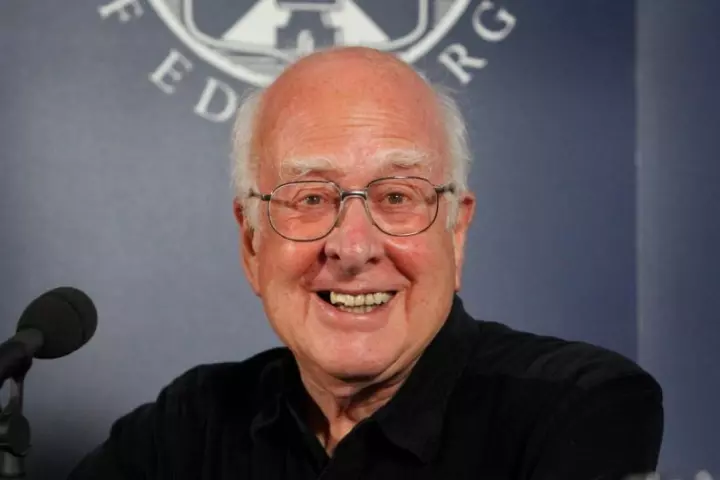Higgs boson
-
Professor Peter Higgs has died aged 94. The theoretical physicist was best known for his prediction of a key elementary particle, the Higgs boson, which earned him the 2013 Nobel Prize in Physics soon after its discovery.
-
This month marks the 10th anniversary of the discovery of the Higgs boson. But what exactly is this particle, and why is it so important? What has it taught us in the last decade – and more importantly, what could it teach us in the next decade?
-
A collaboration of physicists has made the most precise measurement of the mass of the W boson. The new measurement of this key particle differs drastically from the Standard Model's predictions– and it may unravel physics as we know it.
-
CERN physicists have measured the life of the Higgs boson with greater accuracy than ever before. Since the legendary particle only lives for a tiny fraction a second, the scientists came up with a creative workaround to calculate the new figure.
-
It’s been calculated that dark matter is around five times more common than regular matter – and yet, we still haven’t directly detected it. Now CERN has joined the hunt, testing whether the famous Higgs boson could decay into dark matter.
-
The world has seen some major scientific achievements in the last 10 years, as discoveries and developments decades in the making were finally realized. New Atlas rounds up five of the most ground-breaking, history-making milestones of the 2010s.
-
The detection of the Higgs boson at CERN in 2012 is one of the biggest scientific discoveries of the decade. Now the ATLAS and CMS Collaborations have made the most precise measurement of its mass to date.
-
CERN, the European research organization responsible for operating the Large Hadron Collider (LHC), has released a report outlining a proposed particle accelerator that would be nearly four times as long and 10 times as powerful as its predecessor.
-
The Large Hadron Collider has been responsible for some of the most important breakthroughs in scientific history, most notably the discovery of the Higgs boson in 2013. New Atlas is celebrating the 10-year anniversary with a look back at its achievements and what it could help solve in the future.
-
Apparently, if you take the data coming from one of the LHC's collision chambers and fool with it a bit, you can actually listen to music being made by protons colliding. That's exactly what a new project called the Quantizer has done – and you can listen in.
-
Current knowledge of physics suggests the universe should have collapsed into nothing after the Big Bang, but new research makes a case for interactions between gravity and Higgs particles providing a stabilizing effect.
-
Fresh evidence has come to light supporting the theory that the particle detected at CERN's Large Hadron Collider (LHC) in 2012 is indeed the elusive Higgs boson. The work confirms that the potential Higgs boson does exhibit the decay characteristics that would be expected under the Standard Model.
Load More











